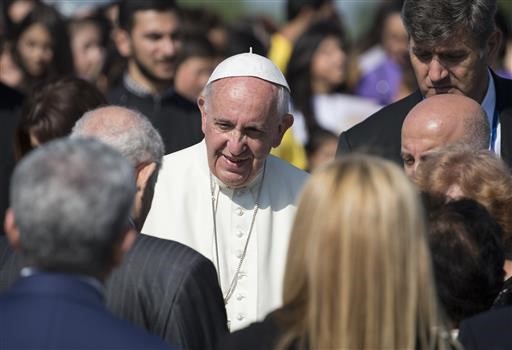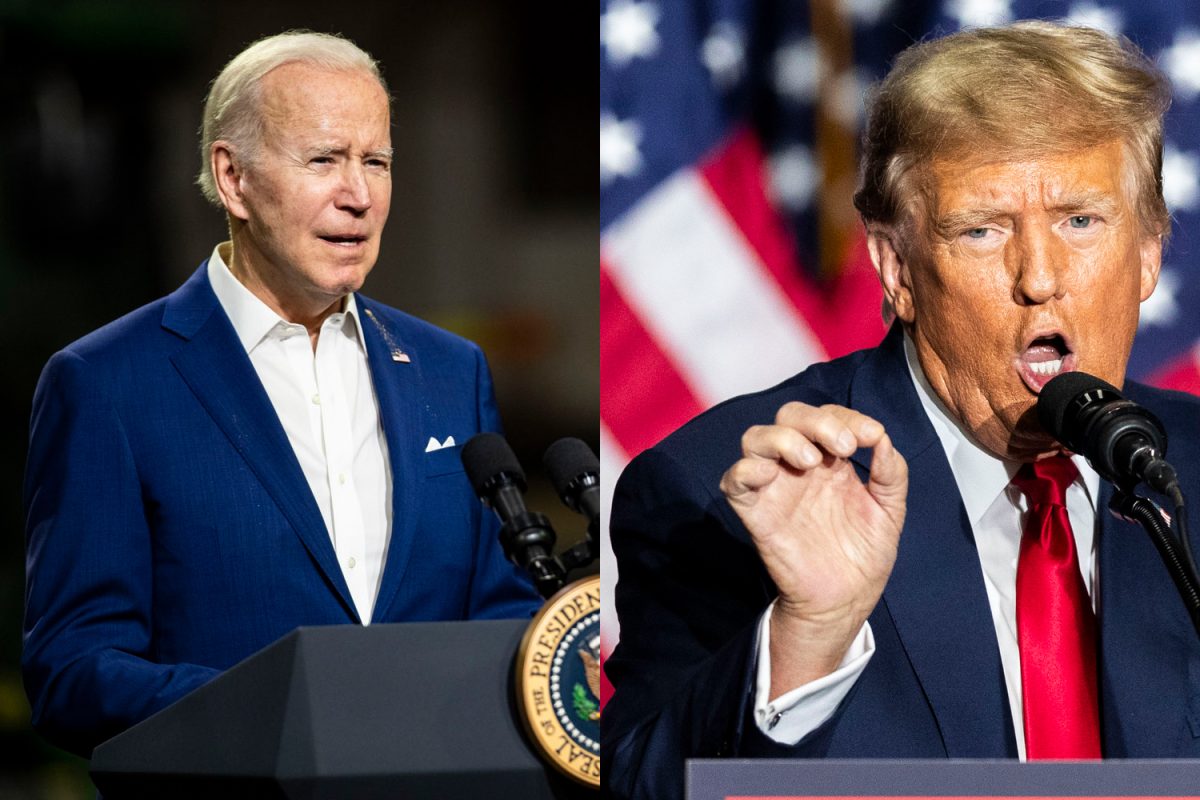During his weekend trip to Armenia, Pope Francis seems to have learned that there is a time and a place for euphemisms when using the term “genocide” to describe the mass killing of nearly 1.5 million Armenian Christians in a period spanning 1915 and 1923. Following a previous point of contention between Turkey and the Vatican over previous use of the term “genocide” to describe the systematic extermination of the Armenian people, many observers believed that the pope would shy away from the term. However, despite the potential political repercussions, the pope decided to the use the term, which raises questions about the relationship between definition and diction when it comes to atrocities.
The use of euphemism is often necessary in the spheres of diplomatic relations and especially so when speaking of particularly unpleasant subject matter, such as what is recognized by 22 other countries and most historians as genocide. Reluctance on the part of the Turkish government over labeling the atrocity a genocide is understandable to some degree, but the adoption of euphemism should not be used as a guise to obfuscate history and belittle the tragedy that has befallen a select portion of the population. A loss of life as great as the Armenian genocide should not be reduced to semantics, because at a certain point the most we can do in the present to honor those who have suffered tragedy is to keep memory of their plight intact.
While we may choose to pay little attention to the words we use to describe atrocities, it matters. The words we choose not to use often say more than the ones that we do. Francis has been accused of donning “the mentality of the Crusades” by Turkish Deputy Prime Minister Nurettin Canikli, but an acknowledgment of historical wrongdoing stands in sharp contrast to this imposed similarity. Refusing to call genocide a genocide even when it is an apt description for a reprehensible massacre because of political implications would appear to be more in line with the supposed “mentality of the Crusades” the pope was said to have been channeling.
The Turkish government can try to mandate a preferred manner of speaking when it comes to the Armenian genocide, but trying to force one label over another may provide comfort at the cost of the memory of those unjustly massacred. The difference between using the word “genocide” and a euphemism has limited implications in the present, but in time, it may prove to be the first steps down a road of denial and the eventual erasure of countless lives lost in senseless tragedy. The pope’s words may not have been the politically correct ones in the specific context, but often the truth falls outside of convention and what is deemed permissible. It is the truth that stands once decorum and political repercussions are cast aside, and it is the truth that must be spoken freely and remembered always.









